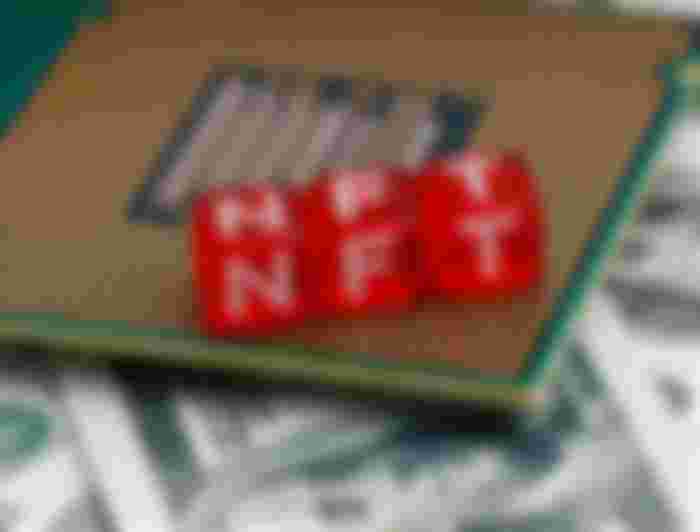The Fate of DeFi in the onset of NFTs and Metaverse

The world is waking up to the reality of the metaverse buzz and non-fungible tokens (NFTs), which are making the trends online. Decentralized finance (DeFi) remains a concept lost in the excitement of a digital world and digital property. DeFi plays a role in bringing all the concepts together in a space where users can own and exchange value over blockchain ecosystems. But how exactly does DeFi stand out in the NFTs and metaverse story? The following pointers do tell.
What is Decentralized Finance?
DeFi is a phrase in many conversations involving blockchain and cryptocurrencies, yet it does not attract as much attention. So, what is DeFi? The term refers to a financial ecosystem without a regulatory body to oversee transactions or value transfers between users. It is a user-user interaction that involves value exchange in the form of crypto, NFTs, or other valuable assets. The takeaway in the meaning of DeFi is the absence of a third-party entity moderating the value exchange based on predetermined rules.
DeFi projects are becoming popular with the establishment of web 3.0 facilities that will sustain the needs of the metaverse. The new decentralized internet will ensure customer-centered strategies for social and financial outcomes in the digital and physical realms. But what is the difference between DeFi, NFTs, and metaverse? The answer can only make sense with an illustration of the concepts.
Consider the metaverse to be a virtual form of the world with entities interacting freely on a decentralized platform. DeFi then refers to the collective financial markets that run on the decentralized ecosystem and enable the entities to own property, trade, and sell assets. However, DeFi can exist outside the metaverse, especially where the digital space is under a tech company that determines the operations.
How Are NFTs Important to DeFi?

We must ask ourselves: What are NFTs? And how do NFTs play a part in a DeFi ecosystem? The meaning of an NFT is in its definition, which indicates the uniqueness and value attached to an asset. An NFT is a store of value that allows entities to acquire, hold and transfer wealth in a decentralized marketplace. The token acquisition process involves using crypto coins over a marketplace like OpenSea, which sends the asset to your desired blockchain wallet. You can also mint your NFT by digitizing a physical asset to transfer its value onto the digital crypto platform.
Once you hold an NFT in your wallet, you can trade by leveraging the market demand to obtain value by selling. The NFT trades depend on the terms in a smart contract between the seller and buyer, which dictate how its ownership changes hands. The value transfer conditions involving NFTs define a DeFi ecosystem where third parties are non-existent in the trade. The existence of NFT exchanges means that the tokens are eligible for profitable ventures on secondary markets accessible in metaverses.
How is DeFi Performing Amid The Buzz Around NFTs and Metaverse?
The next important step is to investigate the question: What is the influence of NFTs and the metaverse on DeFi perception in today's business world?
DeFi remains a hot topic despite the silence due to lack of education and the market reluctance based on crypto volatility. The accelerated realization of NFT projects that are unique and tokenized by real-life assets means less fear among investors today. More investors know that tokenized NFTs are non-volatile and represent tangible value worth their investments. The rising popularity of the assets is improving the activity around DeFi ecosystems, thereby, making them more attractive. The digital certificates attached to NFTs enable trustworthy trades that help to rid the DeFi landscape of cases of fraud witnessed in the past.
The steps taken to make the metaverse a mainstream idea instead of an innovative idea will help expand the DeFi marketplace. The advantage of the digital world is that it presents unique features for the interaction of decentralized autonomous organizations (DAOs). The DAOs engage in business-to-business interactions to quickly implement shared business objectives. The metaverse supports virtual meetings between employees of the DAOs to secure financial deals that will expand the DeFi market value in the future. The use of metaverse NFT token payments between the DAOs for services will fast-track their growth and ensure a stable DeFi environment.

